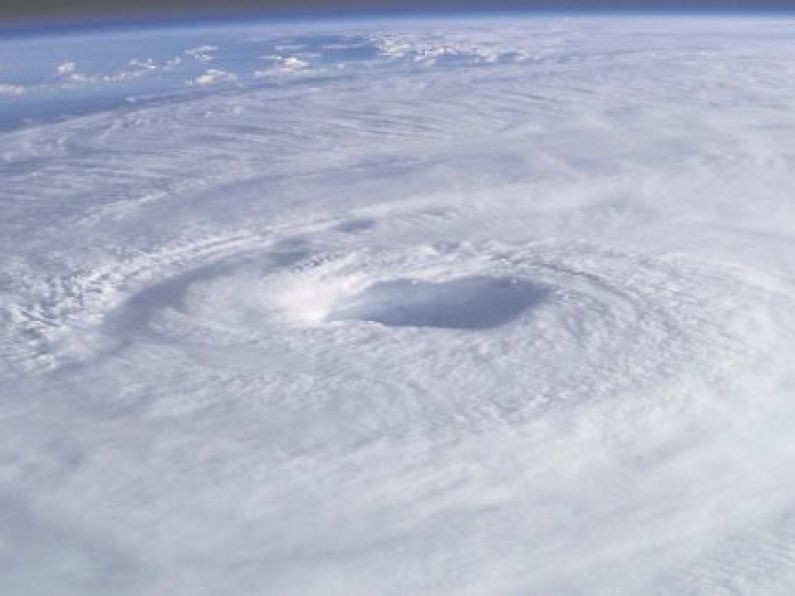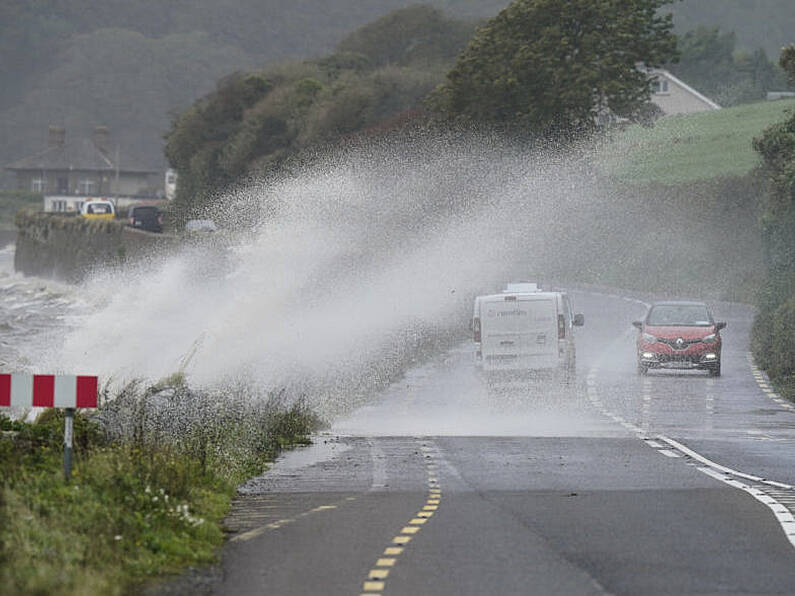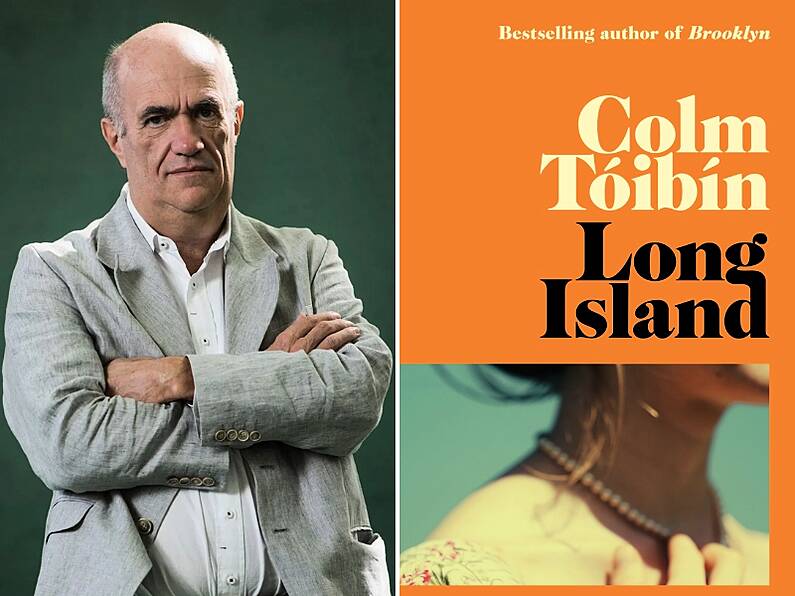The global prices of crude oil have risen the most in a week, as Hurricane Florence threatened US east coast petrol supplies and as sanctions began crimping Iranian oil exports.
Futures in New York climbed 1.5%, as east coast motorists may see “dramatic” spikes in gasoline prices, according to a motoring organisation, and as mass evacuations stretch supplies and Florence’s heavy rains imperil major fuel pipelines.
Meanwhile, France and South Korea are shunning Iranian crude, forcing the Islamic Republic to effectively remove some oil from global markets.
West Texas Intermediate (WTI0 for October delivery climbed $1.12, to $68.66 a barrel, while Brent for November settlement advanced $1.12, to $78.49 a barrel, on the ICE Futures Europe exchange in London).
“There is some in the market who believe we are going to see a significant jump in gasoline prices,” said John Kilduff, a partner at New York-based hedge fund, Again Capital.
“The supportive factors in this market still remain,” Mr Kilduff said.
NWS wave model calling for nearly 50 foot waves off the coast of the Outer Banks/ North Carolina, max wave height forecast of 47 feet Thursday morning and afternoon. #HurricaneFlorence #Florence #hurricane #ncwx pic.twitter.com/OwJ67DDkw1
— Wes Peery-11Alive (@WesWeather) September 10, 2018
London-traded Brent, which is more sensitive to global supply disruptions, traded at a more-than-$10-a-barrel premium to the US benchmark crude.
As Florence moves closer to the southeastern coast of the US, the storm appears likely to strengthen, forecasters said.
The hurricane is poised to be the strongest to slam the Carolinas in almost 30 years, according to the US Hurricane Centre.
Petrol futures jumped as much as 2.2%, to $2.0021 a gallon, on the New York Mercantile Exchange.
The global benchmark crude’s premium to WTI for the same month was at $10.03.
Some other key oil-market figures, news, and events:
Washington has told its allies to reduce imports of Iranian oil, and several Asian buyers, including South Korea, Japan, and India appear to be falling in line.
But the US government does not want to push up oil prices, which could depress economic activity or even trigger a slowdown in global growth.
US energy secretary, Rick Perry, met Saudi energy minister, Khalid al-Falih, earlier in the week, in Washington, as the US president, Donald Trump’s administration encourages big oil-producing countries to keep output high.
Mr Perry will meet with Russian energy minister, Alexander Novak, tomorrow, in Moscow.
Russia, the US, and Saudi Arabia are the world’s three biggest oil producers by far, meeting around a third of the world’s almost 100m barrels per day of crude consumption.
Bloomberg and Reuters






